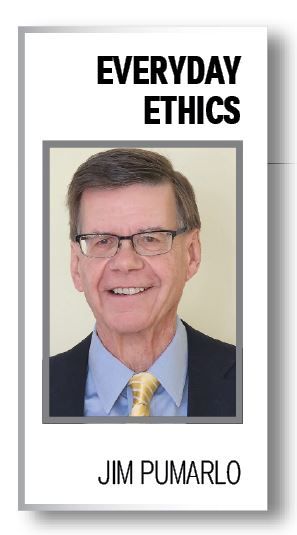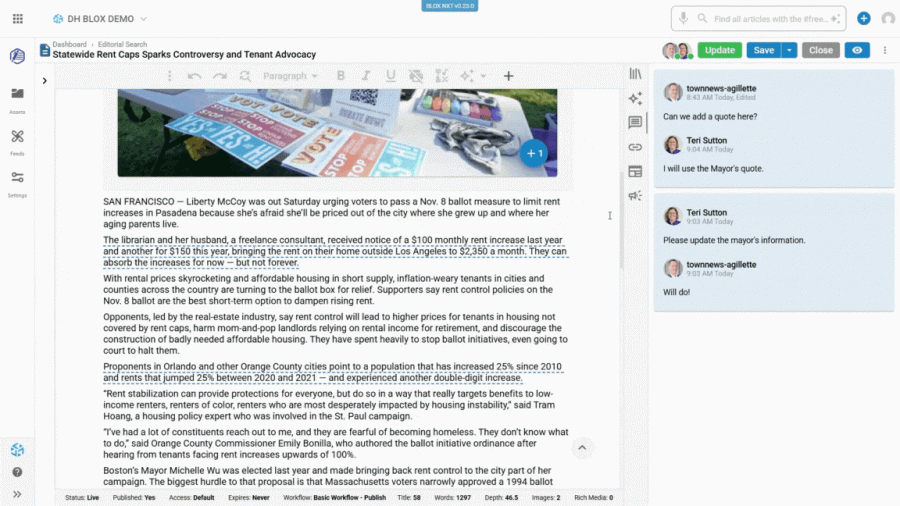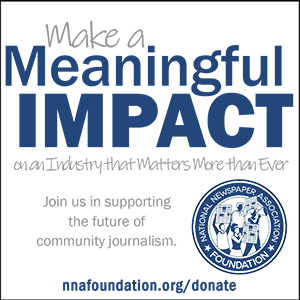Smart hiring in modern newsrooms: Vetting for today’s editorial demands
Jim Pumarlo
Sep 1, 2025


Interviewing reporter applicants was among my most tedious tasks when sitting behind the editor’s desk. It also was a most important responsibility. Selecting the strongest individuals would save headaches down the line.
My battery of questions ranged from basic skills to reading habits to public affairs knowledge. How do you rate your spelling and grammar? What publications do you regularly read? How do you prepare for an interview? What’s the most important story you’ve ever written? What would co-workers identify as your strengths and weaknesses?
Those interviews were years ago before Slack channels, Instagram Lives or reader analytics dashboards dictated newsroom priorities.
Today’s realities demand an entirely new skill set.
Reporters must be knowledgeable and adept in a variety of proficiencies to deliver news in the changing media landscape. Editors must craft corresponding questions for applicants. What’s your experience in capturing and editing video? How active are you in social media, and who do you follow? A blog generates favorable and unfavorable comments: How do you decide whether to engage in dialogue? Do you use ChatGPT or other AI? Do you use Otter.ai or similar tools to record and transcribe meetings?
Stakes are higher than ever for hiring reporters. Newsrooms are squeezed for resources. Staffs are asked to produce more with less. Reporters must be versatile.
That said, I’m a firm believer that reporters must be grounded in the basics. Best practices are the foundation of solid news coverage across the spectrum of digital platforms.
IDENTIFYING THE STRONGEST APPLICANTS
- Test their spelling and grammar. I remember the response of many, to paraphrase: “I recognize my shortcomings and always have spell check at hand.” Trust me, that’s a big red flag.
- Test their research. Have they prepped for the interview? Quiz them about what they know about your city and your newspaper — What intrigues them and what attracted them to apply?
- Test their “on the job” skills. For second interviews, challenge them to hit the streets and find a story. Come back in an hour and write a headline, a tweet thread and a two-paragraph web summary. Where they go and what they select can be very revealing in the skills they bring to the table.
- Test their knowledge of FOI laws. Reporters are increasingly challenged in prying information from public officials — even when it’s deemed public under state and federal laws. How do they deal with uncooperative sources? Are they familiar with tools such as
Muckrock.com, which help journalists access public records and promote transparency? - Test their ability to think on their feet. Applicants likely come in with scripted answers to the usual questions in similar fashion to candidates seeking elective office. Challenge them with unorthodox questions.
Any HR conference is certain to include a focus on artificial intelligence. AI offers opportunities to gain efficiencies in operations, but it also can present a minefield when it comes to hiring personnel. At the basic level, ask yourself: Are resumes authentic? It’s all the more reason to scrutinize records and challenge candidates on the specifics.
It goes without saying that any serious consideration of a candidate should begin with a simple Google search. I relate the unfortunate experience of a friend who hired two managers for his business. Interviews apparently were taken at face value with minimal or no questioning — and no research whatsoever.
A few weeks on the job, and complaints from employees surfaced. Problems emerged in operations. Rumors swirled. Employees did their own investigation and found one manager had a criminal record, and another had resigned under fire from a previous job for undisclosed reasons.
It took less than 30 minutes to track the candidates’ background and identify red flags that certainly would have disqualified them from further consideration. Other tools such as whitepages.com are useful to conduct background checks.
Blending core ethics with digital fluency is critical to aligning the best lineup in newsrooms. There can be no shortcuts for newspapers seeking a stronghold in today’s fractured media landscape. Putting in the extra effort up front will produce long-term dividends for your newspaper and your community.
Jim Pumarlo is former editor of the Red Wing (Minnesota) Republican Eagle. He writes, speaks and provides training on community newsroom success strategies. He is author of “Journalism Primer: A Guide to Community News Coverage,” “Votes and Quotes: A Guide to Outstanding Election Coverage” and “Bad News and Good Judgment: A Guide to Reporting on Sensitive Issues in Small-Town Newspapers.” He can be reached at www.pumarlo.com and welcomes comments and questions at jim@pumarlo.com.










